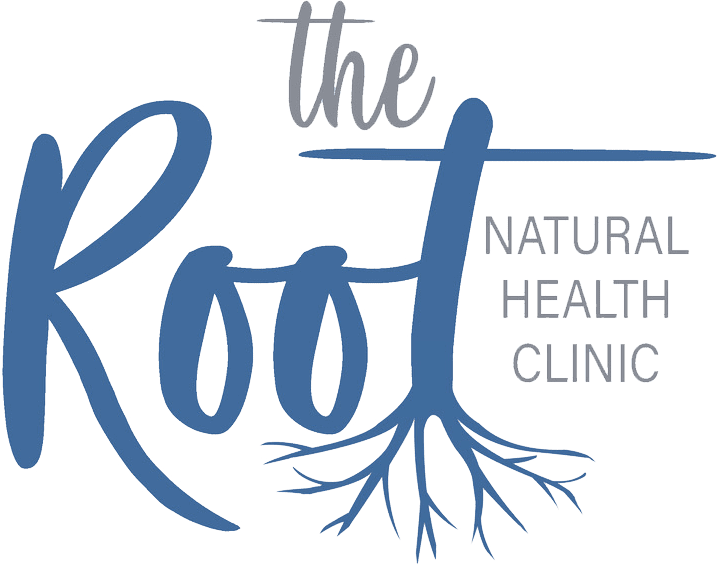Fertility 101: Tracking Ovulation
Ovulation is the time during the menstrual cycle when a mature egg is released from one of the ovaries. When couples are trying to conceive, it’s crucial to understand when ovulation is happening so they can ensure that the sperm and mature egg can meet. There are a couple of ways to find out when you or your partner are ovulating, some being more accurate than others, but all can give at least some clues about what is going on (or not going on) in the body.
1) Luteinizing Hormone (LH) urine strips, also known as Ovulation Predictor Kits (OPKs), measure a hormone in the urine that surges about 24 hours before ovulation occurs (it actually triggers ovulation).
2) Cervical mucous can change through the menstrual cycle. Ovulatory cervical mucous should be clear and stretchy or watery.
3) Body changes like mild cramping or “twinges”, cervix position or texture changes, or even light spotting can be clues that ovulation is happening.
4) Basal body temperature changes during the cycle, and increases after ovulation. This helps pinpoint ovulation after the fact, but can be useful in predicting future ovulation timelines.
5) Blood tests and ultrasounds are often done through fertility clinics as cycle monitoring. Certain hormones in the blood can predict when ovulation will happen, and the ultrasound can track the development of the mature follicle and can predict and track when it actually leaves the ovary.
These clues can be used separately or together to better understand what’s going on in the body. Not all of these tests are reliable for everyone, as some health conditions or circumstances can alter the accuracy of results.
Here are some of Dr. Laura’s favourite Naturopathic options for supporting ovulation, implantation & egg health:
(always work with a Naturopathic Doctor for an effective & safe approach for YOU)
Acupuncture, Amino-NAC, Myo-inositol, Castor Oil Packs, CoQ10, Red Raspberry Leaf, Zinc, Chaste Tree, & Nutrition Recommendations.
